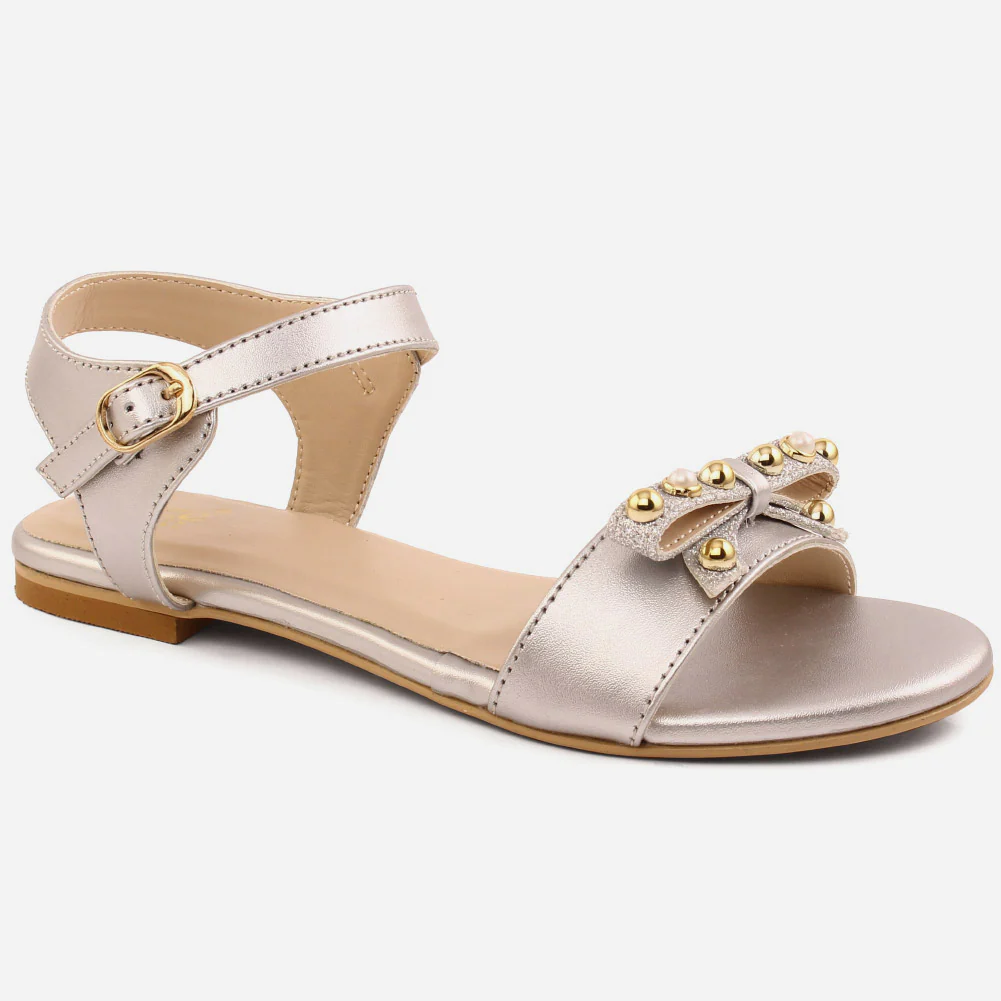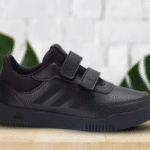How Many Keywords Should I Use for SEO? (Updated for 2025)

You should use keywords at least a few times per page on your website, but how many is too many—and how few is too few? In this article, we’ll break down how many keywords to use for SEO in 2025, where to place them, and how to make sure your content gets found by the right audience.
According to recent data, over 90% of all web traffic starts with a search engine. That means the way you use keywords on your site plays a major role in whether or not people find your content. Mastering keyword usage is one of the most powerful (and free) ways to grow your traffic organically.
SEO Keywords: A Quick Refresher
SEO keywords are the words and phrases people type into Google when looking for information. Your job? Use those same terms in your content—naturally and strategically—so your page appears when people search.
Smart keyword use can help you:
- Appear higher on Google
- Reach your ideal audience
- Increase website traffic
- Grow leads, sales, and authority
Most important rule: Write for people first. Use keywords to connect, not to manipulate.
How Many Keywords Should You Use for SEO in 2025?
Short answer: Use one main keyword per page or blog post, and sprinkle in a few related (secondary) keywords.
This simple rule keeps your content focused. For example, a blog post about “easy vegan recipes” should primarily focus on that term. But it can also naturally include related keywords like “plant-based meals,” “quick vegan dinner,” or “vegan recipes for beginners.”
On main pages (like your homepage), it’s okay to use several keyword variations that reflect your services and your audience’s needs. But for blog posts, stick with one keyword target per article—this is how you build topical relevance and get more pages ranking.
How to Find Keyword Variations That Work
Search engines like Google now understand synonyms and intent. That means using variations of your keyword is both natural and helpful for SEO.
Say your main keyword is “best travel backpacks.” You can include supporting terms like:
- “lightweight travel backpacks”
- “carry-on backpack for flights”
- “durable backpacks for travel”
If you’re using a tool like Keysearch or Ahrefs, they will recommend related keywords and even give you a content score based on what Google is already ranking. This takes a lot of guesswork out of writing SEO content.
Where to Place Keywords for Maximum Impact
Using the right number of keywords isn’t just about how often, it’s about where they appear. Here are the best spots to use your main keyword:
- Meta title
- Meta description
- URL slug (if possible)
- At least one header (H1, H2, etc.)
- Opening paragraph
- Conclusion
- Image alt text (if relevant)
- Sprinkled throughout the body (where it reads naturally)
Avoid forcing the keyword into every other sentence. If it disrupts the flow, skip it or use a variation instead.
Keyword Density in 2025: Is There a Magic Number?
There is no exact number, but here’s a general guideline:
- For a 1,000-word blog post, use your main keyword 5-10 times
- Use 2-3 variations where it makes sense
What matters more than frequency is natural placement and relevance. A keyword-rich article that’s robotic or repetitive won’t perform well in Google’s increasingly smart algorithm.
Pro Tip: Google your keyword and read the top 3 results. Use CTRL+F (or Command+F on Mac) to see how often your keyword appears on those pages. That gives you a realistic benchmark.
Avoid Keyword Stuffing
Keyword stuffing is when you overload a page with the same keyword in an attempt to game the algorithm. Not only does it make your content hard to read, but it can also hurt your rankings.
Stick to:
- Clear, benefit-driven content
- Naturally placed keywords
- A focus on helping the reader solve a problem or get an answer
Common Questions About Keyword Usage
Q: What are the best tools for keyword research?
A: Keysearch, Ahrefs, and Semrush are great options. Keysearch is ideal for beginners. Semrush offers deeper data for advanced users.
Q: Can using too many keywords hurt my SEO?
A: Yes. Overuse (or unnatural use) can trigger Google penalties. Focus on content quality over keyword quantity.
Q: How many types of keywords are there?
A: Four main types:
- Informational: Searchers looking to learn
- Navigational: Searching for a specific site or page
- Commercial: Looking to compare products/services
- Transactional: Ready to buy or take action
Q: Should I always target a specific keyword?
A: For blog posts, yes. For main pages (like your homepage), a group of related keywords is fine.
Final Thoughts: How Many Keywords Should You Use for SEO?
Focus on using one main keyword per page, with a few natural variations sprinkled throughout. Prioritize quality content that answers your audience’s questions and meets their intent.
More Read: Keyword Strategy Guide for Bloggers in 2025: Master Keywords to Boost Your Blog Traffic










